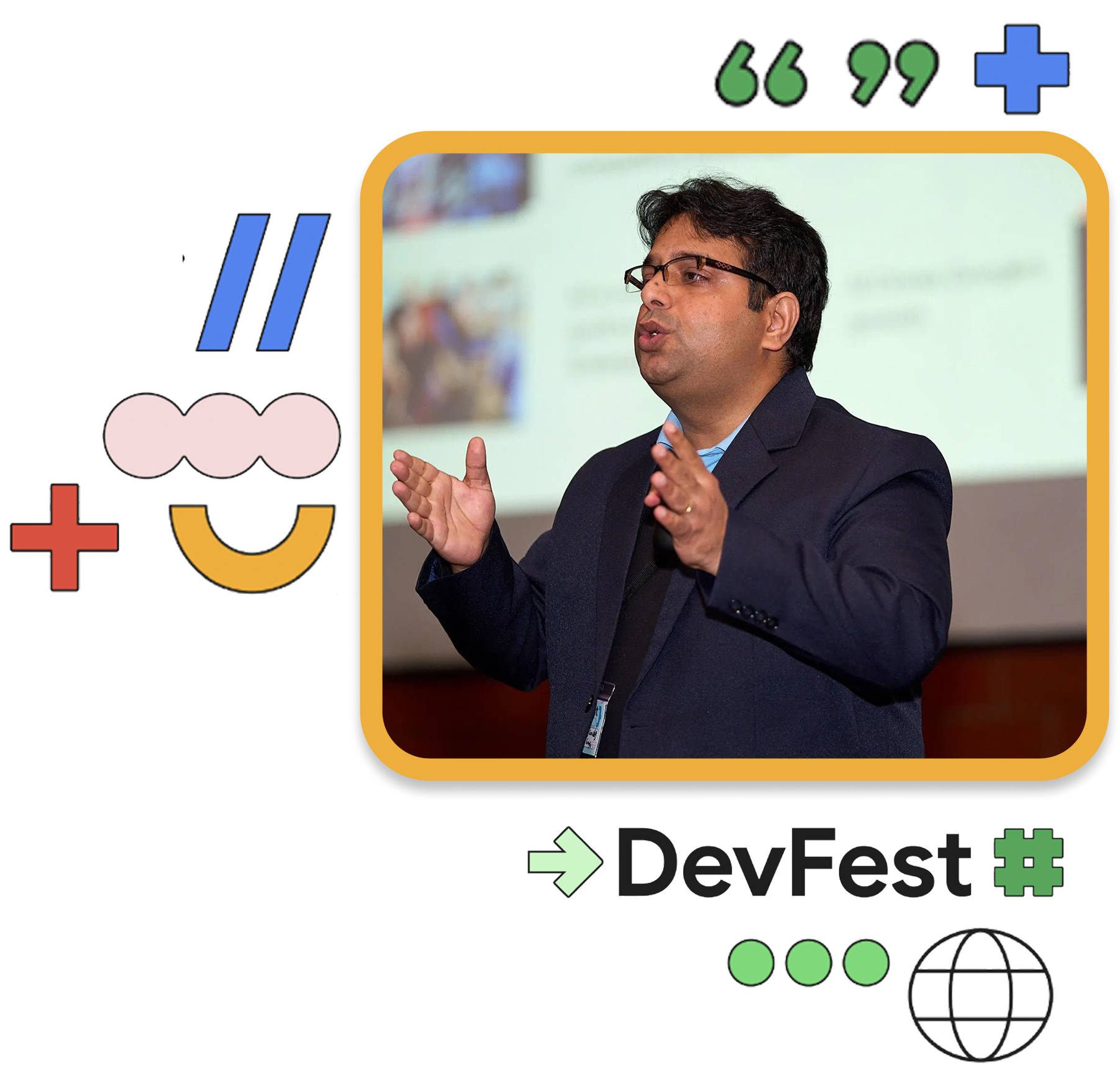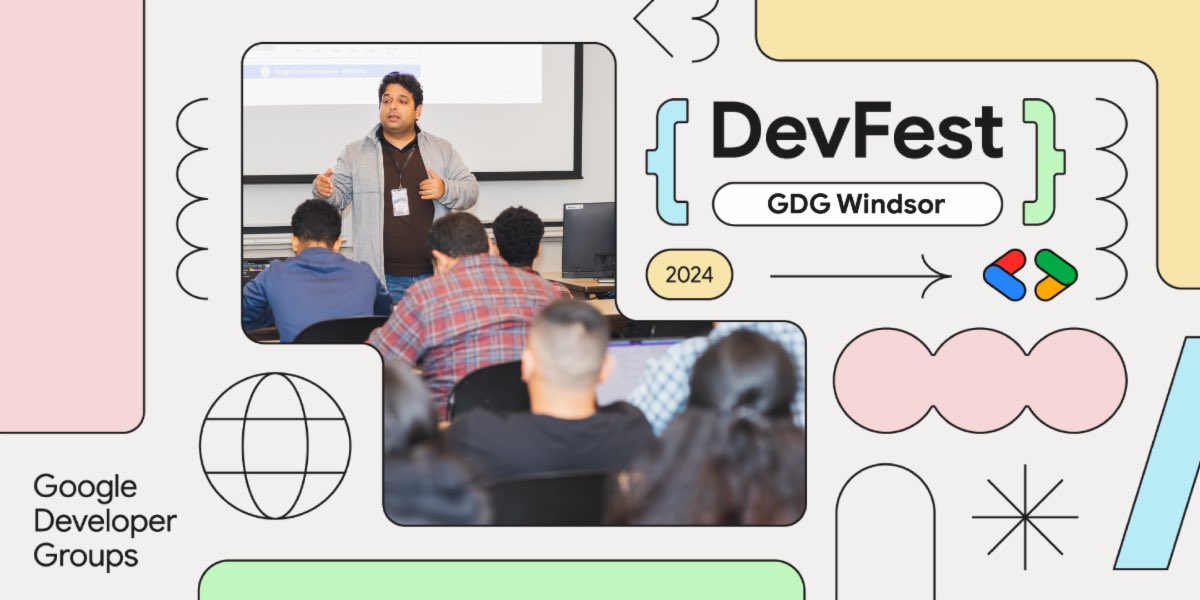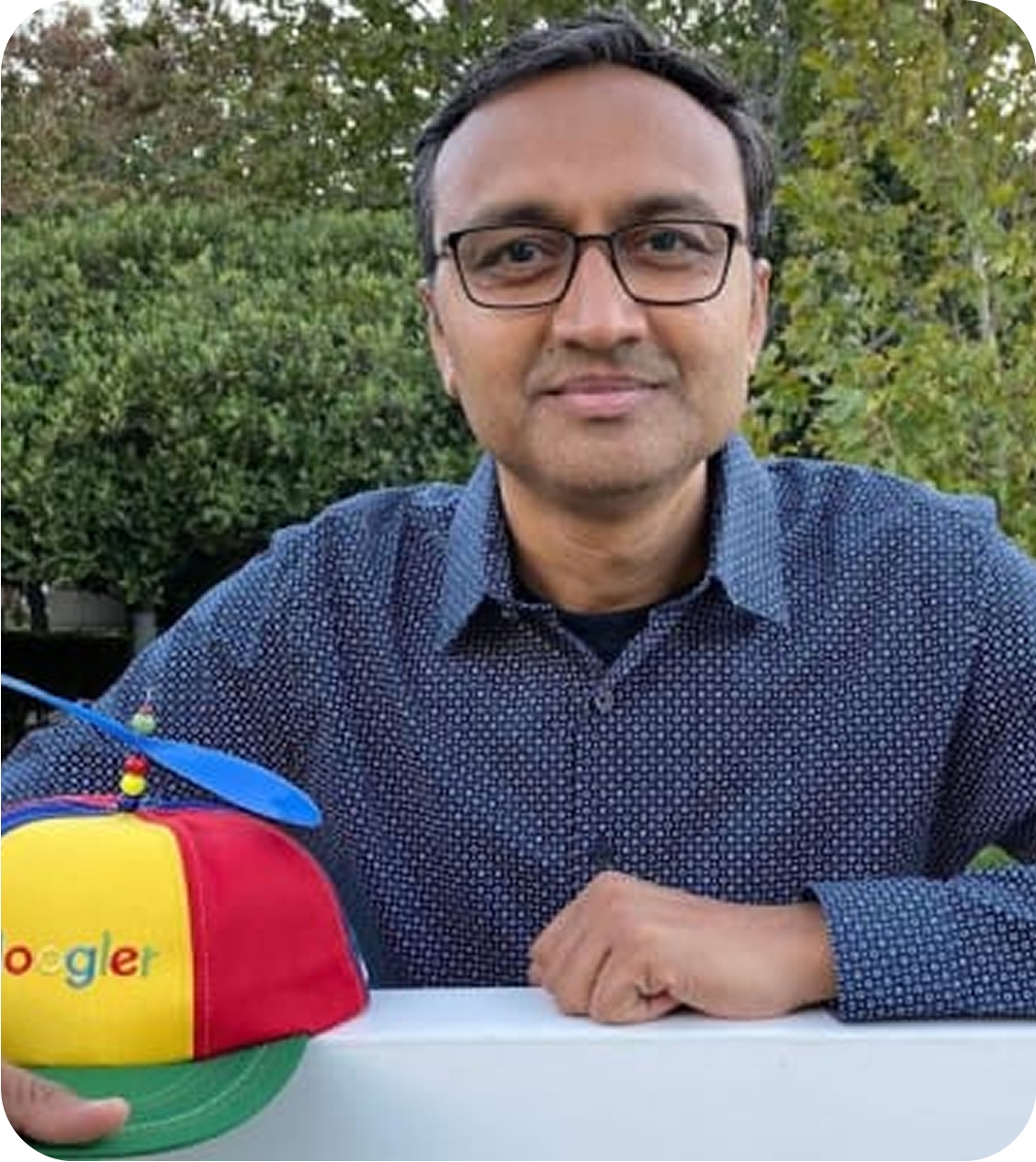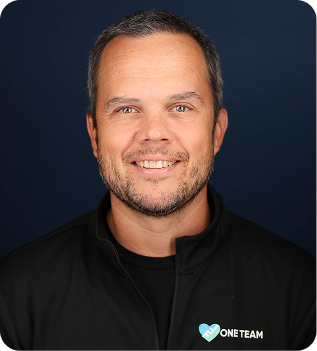
Luis Serrano
Serrano Academy
 GDG
GDG Windsor DevFest 2025
Windsor DevFest 2025
A one-day tech conference powered by Google Developer Groups — featuring talks, workshops, and an AI startup competition.
GDG Windsor attendees agree to the following Code of Conduct .

DevFest Windsor is a community-led tech conference organized by Google Developer Groups that brings together developers, designers, students, and entrepreneurs. It features expert-led talks and hands-on workshops focused on the latest in artificial intelligence, cloud and web technologies, and startup innovation. A dedicated high-school track offers practical labs—like Arduino robotics—to inspire the next generation of tech talent.




We’re bringing together experts from tech, AI, business, and cloud
innovation to share insights, demos, and strategies.
Full speaker lineup and session details will be announced closer
to the event.

Serrano Academy





Learn.Grow.Deploy, LLC

PwC

DeepL

SolasAI & BLDS, LLC

RIIS

Molex

TransForm Shared Service Organization

Deloitte

Picsume

President

WEtech Alliance

Scelta

Presage Group

Oden Technologies

#dashDev

Functionize

Ontario Health

Bell Canada

University of Windsor

University of Windsor

REALIQ

University of Windsor

Good Point Consulting

MyPath2Tech

MyPath2Tech

Mosaic North America

International Strategic Management

Chief Artificial Intelligence Officer

Artist-Entrepreneur
The people who made DevFest Windsor happen.
Hands-on guides for workshops and activities.